When the Canon EOS R mirrorless system was launched with the new RF Mount, Canon also unveiled four different mount adapters that allow the use of older EF and EF-S lenses on the mirrorless EOS R cameras.
The first adapter was a basic adapter with no fancy features, and at $99 it’s the cheap option that is sometimes included with EOS R cameras as a freebie. Then there are two versions of the Drop-In Mount Adapter that either include a circular polarizer filter or a variable neutral density filter. These are nice features to have as options, but both of those adapters are quite expensive.
The fourth mount adapter is the subject of this review: The Canon Control Ring Adapter EF-EOS R.
The Control Ring is a feature that can be found on all of the new native RF lenses for the EOS R system, and as the name suggests, the Control Ring Adapter adds this same feature to EF and EF-S lenses when used on an EOS R camera.
The control ring is a customizable ring that can be assigned control over shutter speed, aperture, ISO or exposure compensation. In addition to that, you can also decide whether you want the ring to be operational at all times, or only when the shutter button is depressed halfway so that it does not get changed accidentally.
The adapter itself is dust and moisture-sealed just like Canon’s higher-end cameras and L Series lenses, and it certainly feels like you can depend on it in the field.
Out of all of the EOS R mount adapters, this one is my favourite! Personally, I absolutely loved assigning ISO to the control ring. It felt so natural to adjust the aperture with the dial on the back of the camera with my thumb, shutter speed with the dial on the top of the camera, and ISO with the control ring. Once I used this setup and felt how fluid it all was, I knew there was never any going back and I purchased the adapter once I returned the loaner one I had for review.
If your kit includes both RF and EF lenses then I think the Control Ring Adapter will be a must purchase item. I cannot imagine having access to the control ring on some lenses but not others. That could really mess with your workflow and muscle memory.

The Control Ring Adapter is $199, and while that is double the price of the basic adapter I really do think it’s worth it. With ISO assigned to the control ring, it was so much easier to adjust ISO that I found me experimenting quickly with lower and lower ISOs while I was shooting. This was giving me cleaner and cleaner images in a situation where I would otherwise probably have left the camera at one ISO value. I’m sure it has had a benefit to the quality of some of my images, and for that, I’ll gladly pay the extra money over the boring basic mount adapter!
Where to buy
As always, it’s greatly appreciated when you use our links to make your purchases. We may make a small commission when you do this and it helps us bring you more content in the future. The adapter can be purchased at:







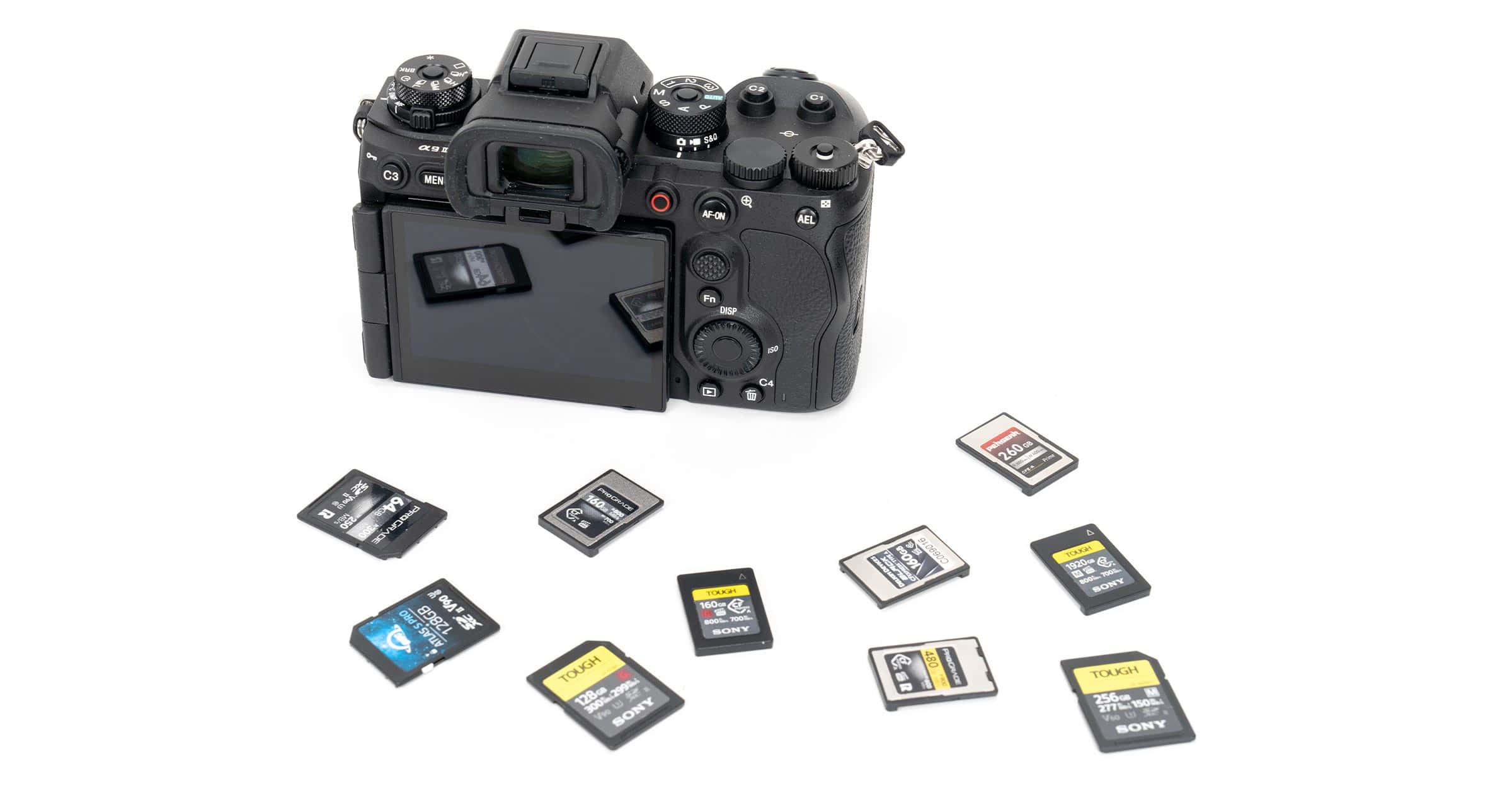
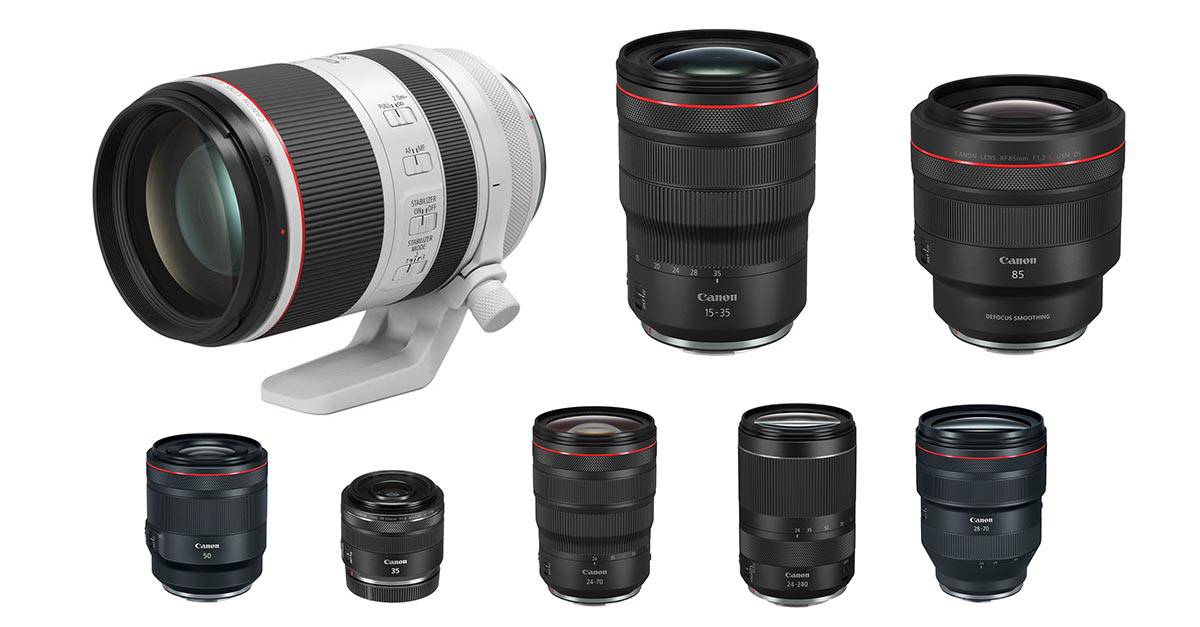
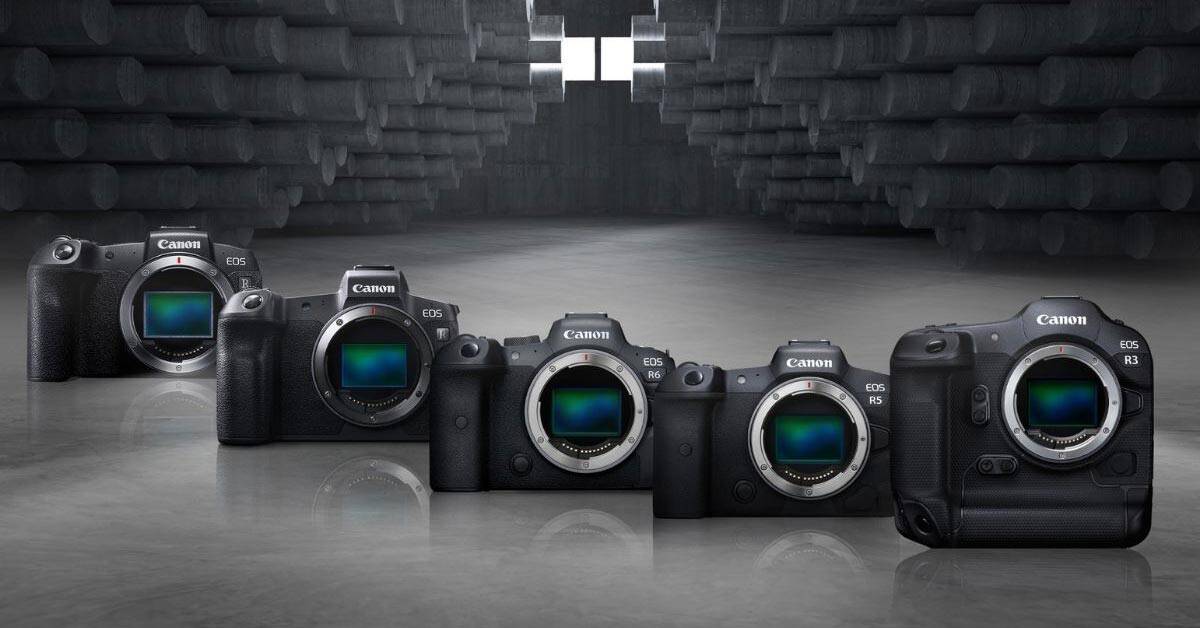
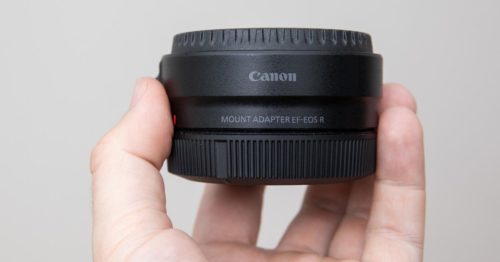
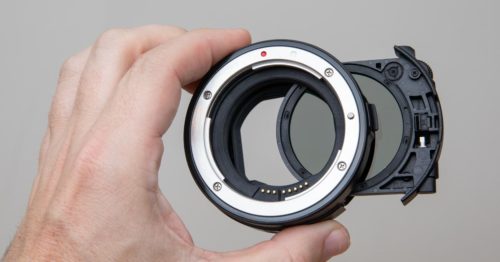
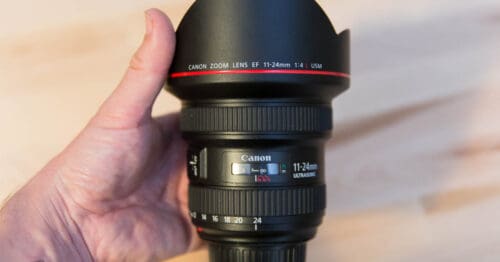
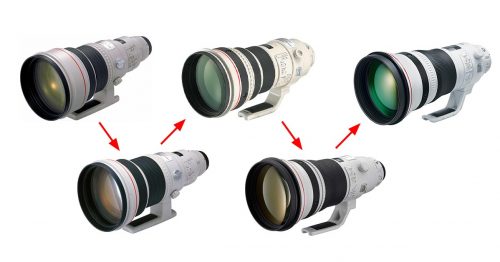
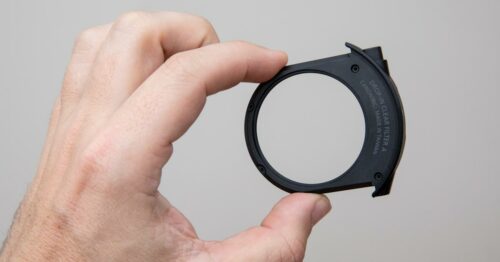
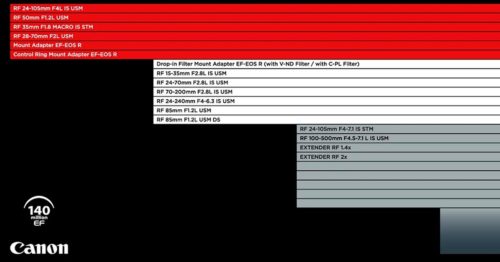
Dan,
Do you know of an adapter for use ing Nikon lenses on a Canon camera? I am thinking of switching to Canon,but don’t want to lose $10,000 invested in lenses.
Thanks for your help.
EJP
I don’t know of any off the top of my head. But even if such a thing did exist (you might try searching a company called Kippon) it would not produce desirable autofocus results. Maybe useable for static subjects but that’s about it. It’s very had to cross-convert AF lenses from one brand to another. My guess is you would not be satisfied.
Thanks for your quick reply.AF very important at my age 76,so I will follow your advice.You have not steered me wrong yet.
You’re very welcome!
Great review. It answered my questions (that Canon doesn’t seem to be able to do!) and helped me make a decision. Since I shoot mostly manual, you explanation helped me see that this would be an extremely useful option to have in that position on the camera. Thanks!
Great! Yes for manual shooters I do think this is very handy.
Can you shoot automatic functions through the adapter as well?
You sure can.
Hi. Thanks very much for the review. It really helps deciding which one to buy. I do have a question. Since this adapter adds some extra distance between the lens and the camera, does the cropping change on the image whereby images are slightly magnified since the lens is further away from the sensor. I could see these adapters to have a crop factor higher than 1:1
Hi, Dan
I have a Canon EF 28-300mm f/3.5-5.6L IS USM lens and I’m planning to buy Canon EOS R with Canon Control Ring Adapter EF-EOS R. Is the lens compatible with the camera? Thank you.
Great info. Does this ring effect the AF in any way? I have all EF lens but want to get a R5 or 6…..or maybe the 3 when it comes out. I need the AF at 100%. Thanks!!
Hello Dan,
Thanks for the wonderful article. I have a Canon 60D and EF 70-200 L series lens (and some other EF-S lenses). I am a hobby photographer and I have been using this gear for 6 years now. I am planning to upgrade to Canon R6 and RF 24-105 mm L series lens. Do you think R6 is good enough for still photography or should I go for R5 ?
Cheers,
SK
I think the R6 is more than enough for any hobby photographer! Brilliant camera.
Hi Dan, Can we use tele extender when using EF lenses on a mirrorless r camera
Thanks for your help
Andre
Yes. No problem with that.
Okay, but how? Using a EF/RF Adapter (EF Lense and R5), the RF Extender does not fit through the inner space of the Adapter. I am eager to get your advice!
Thanks a lot in advance
Volker
Unfortunately, you have the wrong extender. An RF extender works with RF lenses. The EF extender works with EF lenses. You’re using an EF lens, so you need the EF 1.4x extender, not the RF 1.4x. Sorry to be the bearer of bad news, but that’s just how it works.